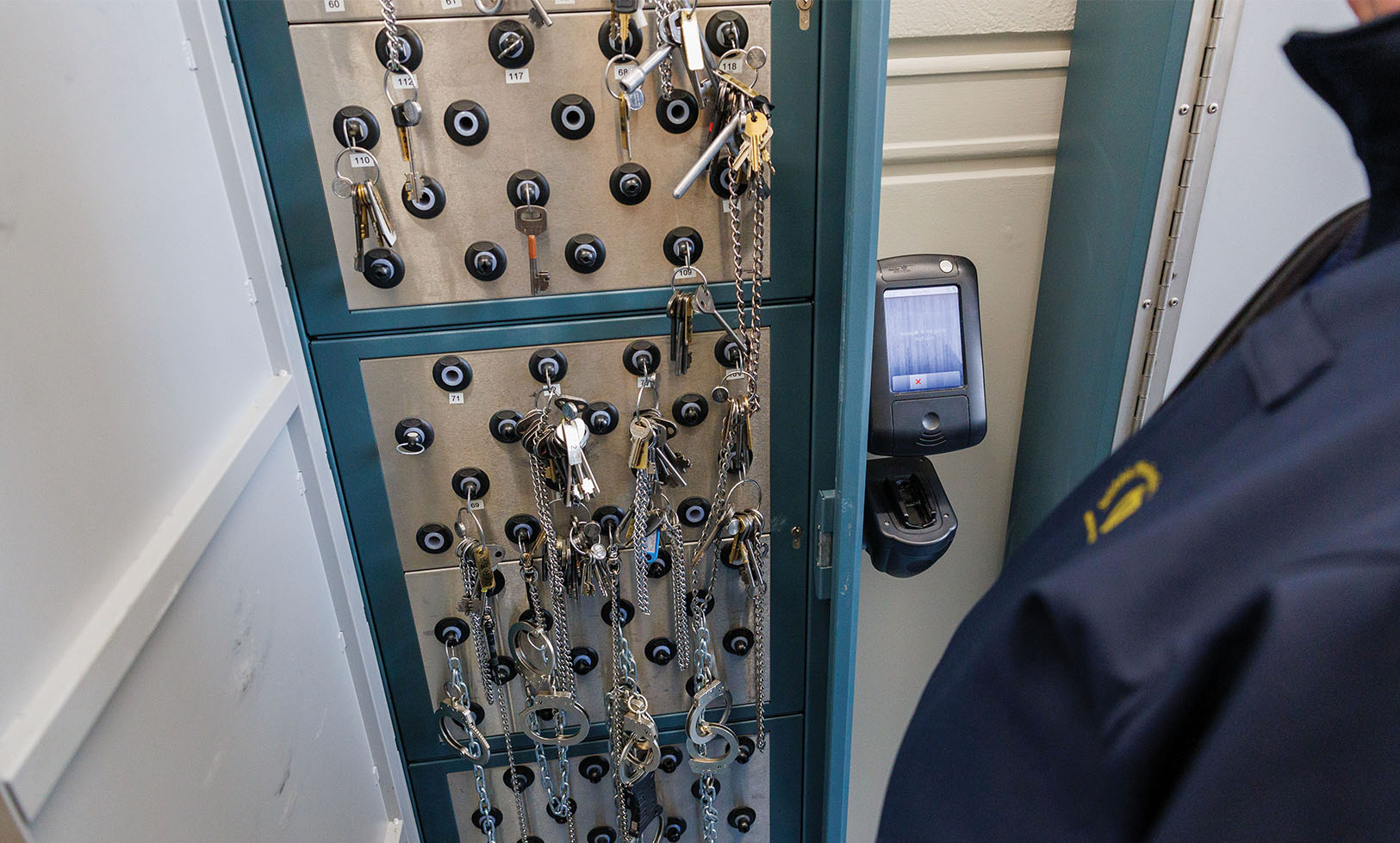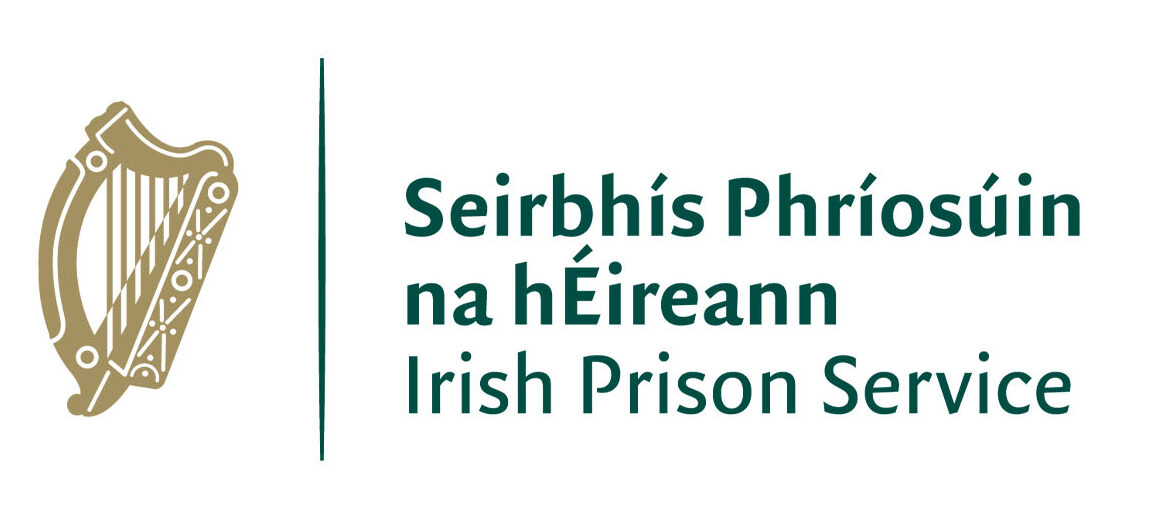Irish Prison Service: Embedding continuous quality improvement

The Irish Prison Service has identified a business need within its strategic priorities to modernise its services through digital development and transformation.
The new Strategy Statement 2023-2027 provides a roadmap for embedding continuous quality improvement across all areas of the Irish Prison Service. In addition to its vision, mission, and values, the strategy outlines five strategic pillars and a number of objectives. The pillars are:
- prisoner pathways;
- employee experience;
- new business processes;
- digital platforms; and
- governance.
The digital platforms pillar supports the objective that will modernise the Prison Service’s services through digital development that enable more transparent and tailored services, support innovation and improve efficiency and effectiveness in a cohesive and holistic manner.
Aims associated within the pillar include:
1. Employee Digital Tools:
- improve staff experience through reducing non value add manual tasks and enhancing system productivity;
- implement a service wide targeted organisation dashboard as an internal performance enhancement tool;
- provide more autonomy to staff on self-detailing, rosters, schedules, and leave; and
- enable online learning and development for staff.
2. Digitalise Prisoner Services:
- design and implement a digital prison services operating model that enhances the prisoner journey, that balances the digital agenda and the need for human interaction and that improves productivity across the estate; and
- fully leverage digital innovation for the benefit of prisoners and staff while understanding and mitigating for digital abilities.
Digital transformation as a universal phenomenon has created a new reality in prisons. The use of technology in custodial settings transforms rehabilitation and services, promotes digital literacy, digital citizenship, social skills, self-esteem, and re-integration into society. Current rehabilitation practices and policies in our prisons are mostly offline and do not cater for the digital realms.
The use of digital to support rehabilitation will facilitate transition back into society and ensure an improved post-prison quality of life in a technologically advanced society. The technology-dependent world that people exiting custody must now re-enter requires the use of touch screens, computers, and the internet, but many have not received training in how to operate these types of internet-enabled processes.
In recent years, the Prison Service has pivoted its focus to how it can use technology to create and deliver modern services in its prisons. Four broad areas where technology supports a modern service include:
- digital service delivery for people in care;
- digital service delivery for staff and partners;
- electronic security of prisons; and
- digital prison building management.
Delivery and access to services for people in custody encompasses health and wellbeing, education, language, culture and identity, prison operations, such as biometric movement; self-serviced kiosks; and visits.
Digital service delivery for staff and partners includes the enablement of digital ways of working for staff and other people onsite in Ireland’s prisons to help them do their jobs more safely and accurately, for processes such as viewing essential prisoner information, prisoner sentence management, building maintenance, and inventory management.
Managing the long-term maintenance and sustainability of a prison, including optimising physical workflow can be supported through the use of digital tools such as monitoring environmental conditions through sensors and enable control and automation of operational processes and optimisation of electricity usage within cells and other spaces.
The benefits under this agenda will support an improved safety environment in the prison through increasing time available for staff to have meaningful engagements with people in their care; enable real-time access to information, reducing time spent completing paper-based tasks. Using digital to support rehabilitation will prepare people in the Prison Service’s care to adapt to a digitally enabled environment and prepare them for using online learning tools and increase connectedness with the outside world and preparation for life outside in an easy to use and accessible format.

The Prison Service’s approach to implementing digitally supported service delivery is about using technology to make services available to people where and when they will make the most impact on that person’s life or work. For people in care, this should mean making the most of services known to have a humanising and rehabilitative impact, and ensuring they are available and accessible. For staff and partners, greater use of technology in day-to-day activities will help improve safety and contribute to the Prison Service’s wider drive to modernise its ways of working.
The Irish Prison Service is currently drafting a technology and change delivery plan for the short, medium, and long term objectives of the Strategy Statement, specifically to include:
- technology, change, and digital transformation development from a holistic perspective;
- digital maturity dimensions;
- IT management and governance strategies;
- innovation and project design supports; and
- project management.
The Prison Service has acknowledged the important role ICT solutions play in the delivery of its mission. Moreover, the increased importance digital technologies play in today’s society and the speed on how those technologies shape the modern society in which prisons operate provoke an urgent need to act more proactive, anticipate the change, and approach digital from a holistic perspective.
Change through digital is often referred to as digital transformation, a process that encompasses an ambition to do better and explore how new technologies can support the organisation in doing so. Organisations that embrace transformation want to do more with digitalisation than just build a better version of their current selves.
Therefore, the aimed transformation should be seen as a process that includes an openness to rethink the existing, explore digital possibilities and analyse the impact a digital society has on the organisation and its mission.
Prison services are unique settings which makes this confrontation with a changing society quite challenging: it requires a thorough and balanced investigation into what options exist to use technology meaningfully, purposefully, and safely to support the entire organisation: the people who work in it, the many different stakeholders and the detainees who need support during their journey to return successfully to a digital society.

W: www.irishprisons.ie
X: @IrishPrisons
LinkedIn: www.linkedin.com/company/irish-prison-service
Facebook: www.facebook.com/irishprisonservice
Instagram: www.instagram.com/irishprisons





